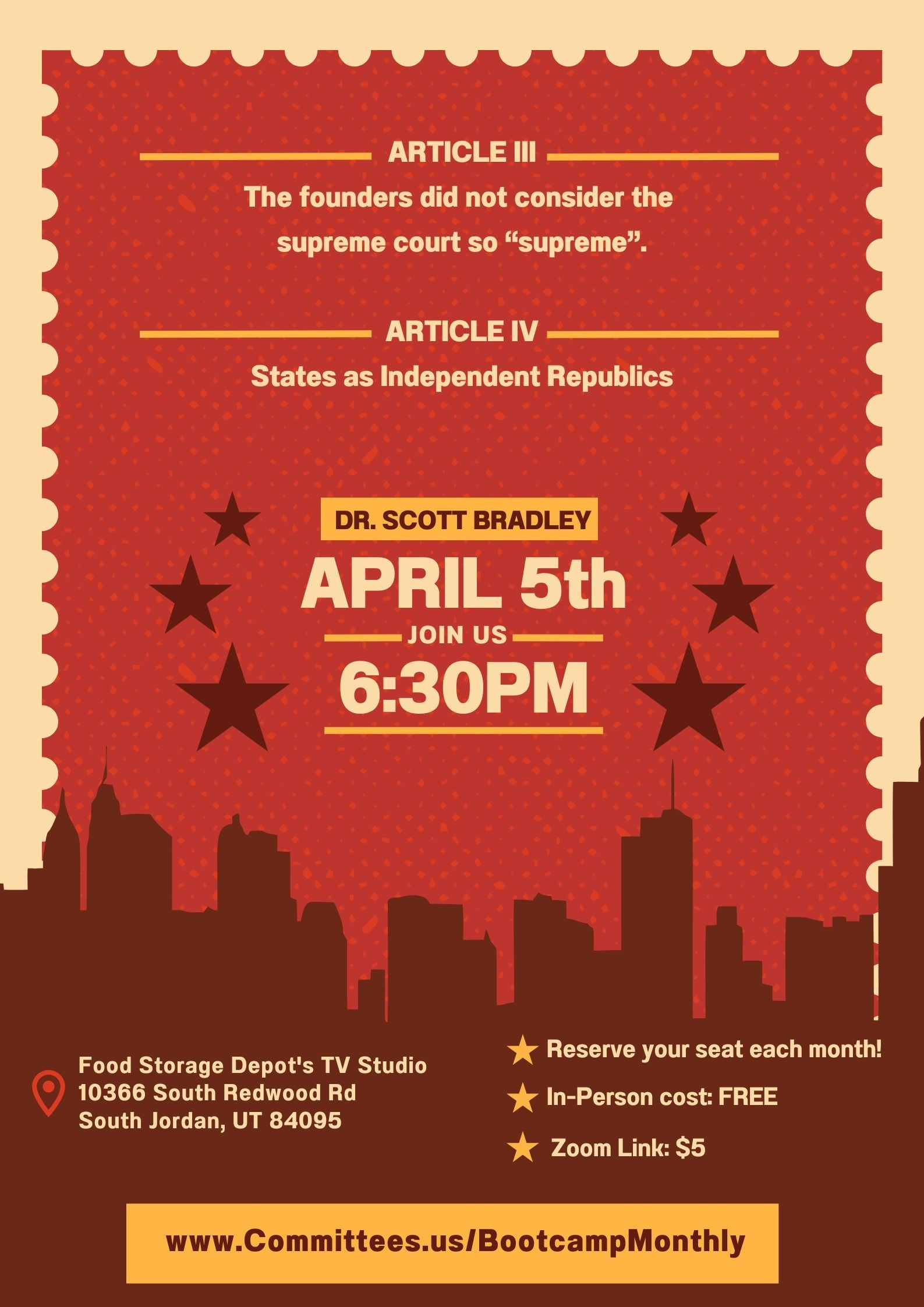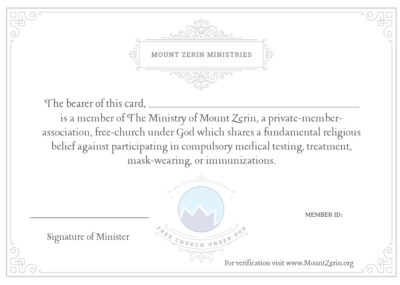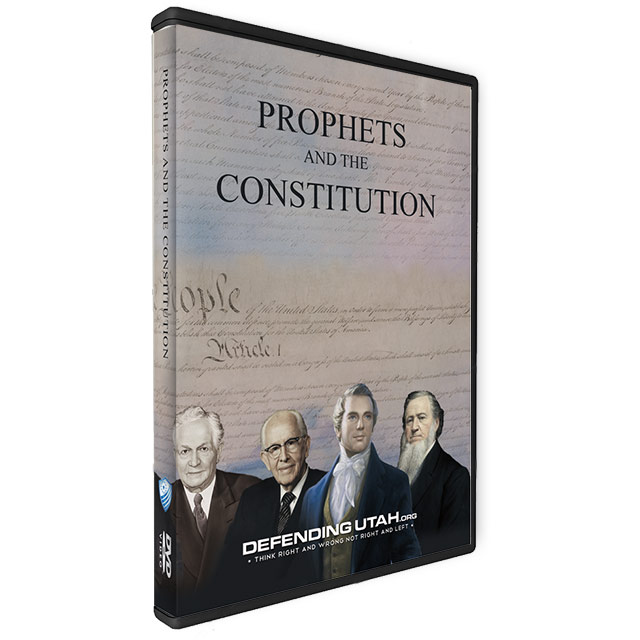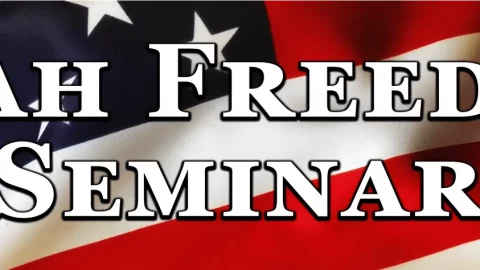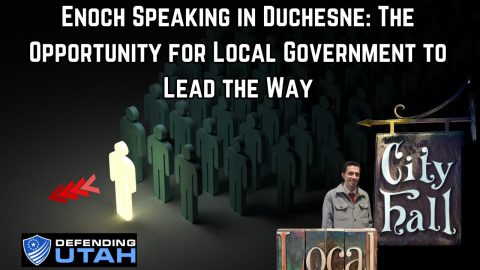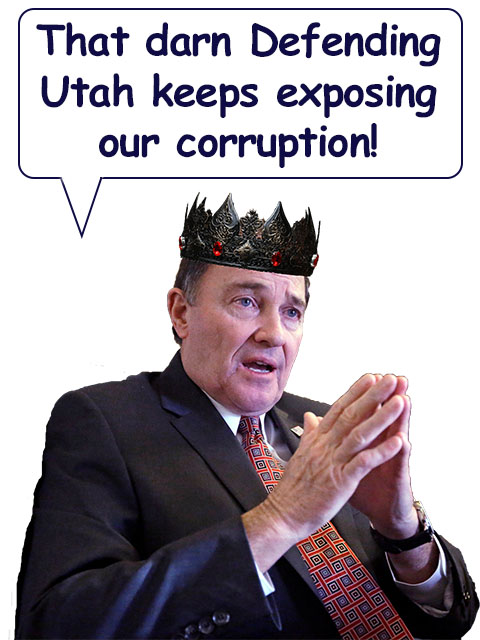By Don Fotheringham
Modern scholarship seems to be caught up in complicated analyses. Simple things apparently are not intellectual enough in some circles to be recognized as worthwhile. This high intellect notion might be valid in certain fields of study, but it flunks every test when applied to America’s founding documents. The United States Constitution, The Records of the Federal Convention of 1787, The Federalist Papers, and records of the state ratifying conventions, were not written to showcase scholarship but simply to clarify and establish the basic foundation of American freedom.
An example of needless and endless elaboration is concern over the amending clause of the U.S. Constitution, Article V. Both friend and foe of the Constitution complain that, while the Founding Fathers gave the people a way to initiate the convention process, they dropped the ball by failing to establish procedures and regulations for the convention itself.
Was this omission of convention regulations a mistake? No. Article V is wisely, purposely, and deliberately vague. Those who complain that our founders left Article V anemic and incomplete, fail to understand the most fundamental principle of a free and sovereign people.
Constitutional conventions are the government-making systems of free citizens. Conventions are sovereign assemblies. They comprise all power, including the power to establish the convention agenda, the rules, the regulations, the ratifying method, and all procedures by which the people might create, modify, or abolish their government. The convention system is the concentration of sovereign power by which “WE THE PEOPLE….[did] ordain and establish this Constitution for the United States of America.”
Why is Article V devoid of any procedures for future conventions?— because no sitting convention can dictate to the next convention. The 1787 Convention could not make regulations for the next convention because the next convention would be just a sovereign as the first Convention — just as free to make its own rules as was the Convention at Philadelphia in 1787. For that reason Article V is purposely, deliberately, and brilliantly vague.
According to the Records of the Federal Convention of 1787:
Mr. Madison did not see why Congress would not be as much bound to propose amendments applied for by two-thirds of the States as to call a Convention on the like application. He saw no objection however against providing a Convention for the purpose of amendments, except only that difficulties might arise as to the form, the quorum, and etc. which in Constitutional regulations ought to be as much as possible avoided. (author’s emphasis)

Why, despite foreseen difficulties, should constitutional regulations be avoided? — because, as we have already noted, today’s convention cannot establish procedures for tomorrow’s convention. For that reason Article V requires the state legislatures only to apply, only to initiate the convention process. It provides no instructions regarding the form, the quorum, or regulations regarding the control of the convention which the state is simply asking Congress to call. This principle is simple: State legislatures have only the statutory power granted by their state constitutions; they have no structural authority, no government-making power.
As in most cases, when one fundamental is understood, it illuminates other facets of the same subject. For example, state legislatures are not greater than their creators. This basic principle was emphasized on July 23 during the Convention when the deputies were considering resolutions on the method by which the new plan should be ratified.
The record states:
Col. Mason considered a reference of the plan to the authority of the people as one of the most important and essential of the Resolutions. The Legislatures have no power to ratify it. They are the mere creatures of the State Constitutions, and cannot be greater than their creators…. Whither then must we resort? To the people with whom all power remains that has not been given up in the Constitutions derived from them. It was of greatmoment he observed that this doctrine should be cherished as the basis of free Government.
During the same discussion, James Madison made a similar observation:
Mr. Madison thought it clear that the Legislatures were incompetent to the proposed changes. These changes would make essential inroads on the State constitutions, and it would be a novel and dangerous doctrine that aLegislature could change the constitution under which it held its existence.
The basis of free government is that neither the legislature nor the Congress can dictate the terms of a convention to which both bodies owe their existence. This principle was well understood and upheld during the Convention of 1787. It was also clearly understood during the first 100 years of American history when all state applications for a convention were brilliantly vague — purposely absent even the subject for which the convention had been called. This authority of a free and sovereign people is brazenly abused by the current movement for a “convention of states” that is now being promoted nationwide by ambitious lobbyists posing as constitutional scholars.
State resolutions for a convention — ostensibly pursuant to Article V — now contain rules, regulations, and limitations on the purpose and scope of the requested convention. The “limitation language” in these bills is calculated to assuage the concerns of state legislators who certainly would never, in these perilous times, take the uncharted road to a modern convention.
In addition to illegal (completely unenforceable) limitations defined in the state resolutions, the convention lobby is pushing “delegate responsibility” bills that purport to impose severe penalties on convention delegates who might stray into constitutional changes not authorized by the state’s resolution. It would be hard to find a more severe violation of the doctrine of free government than thisattempt to limit the sovereign authority of the people, who alone, possess the supreme power of making or revising their Constitution.
Convention limitation bills in any form constitute the “novel and dangerous doctrine that a legislature [state or federal] could change the Constitution under which it held its existence.” (Madison)
It is a curious thing that after 227 years alleged scholars have just discovered that state legislatures have more power than granted by the constitutions under which they serve. And it is equally curious that the convention lobby ignores the authority of a sovereign people which in 1787 was “cherished as the basis of free government.” (Mason)



